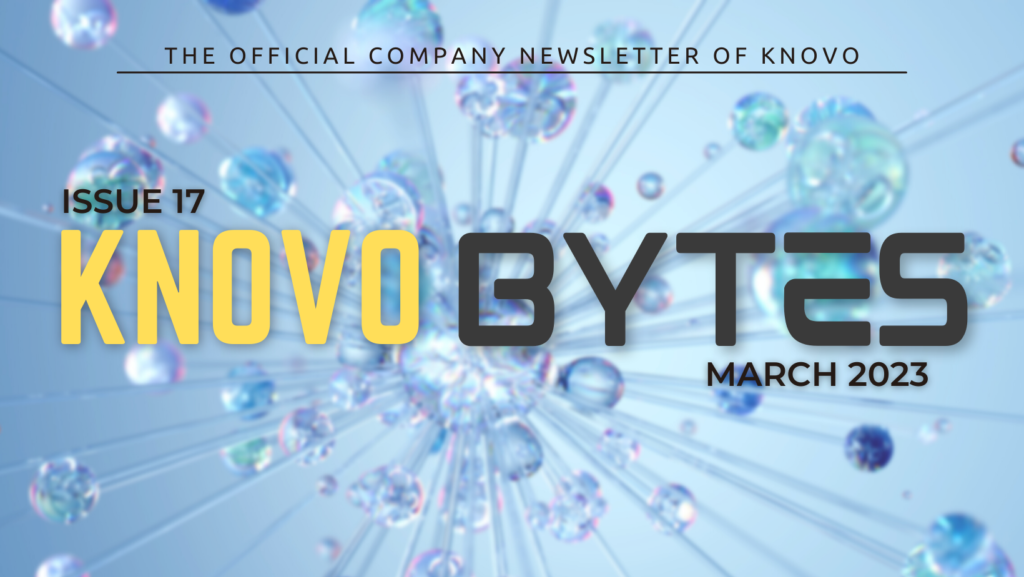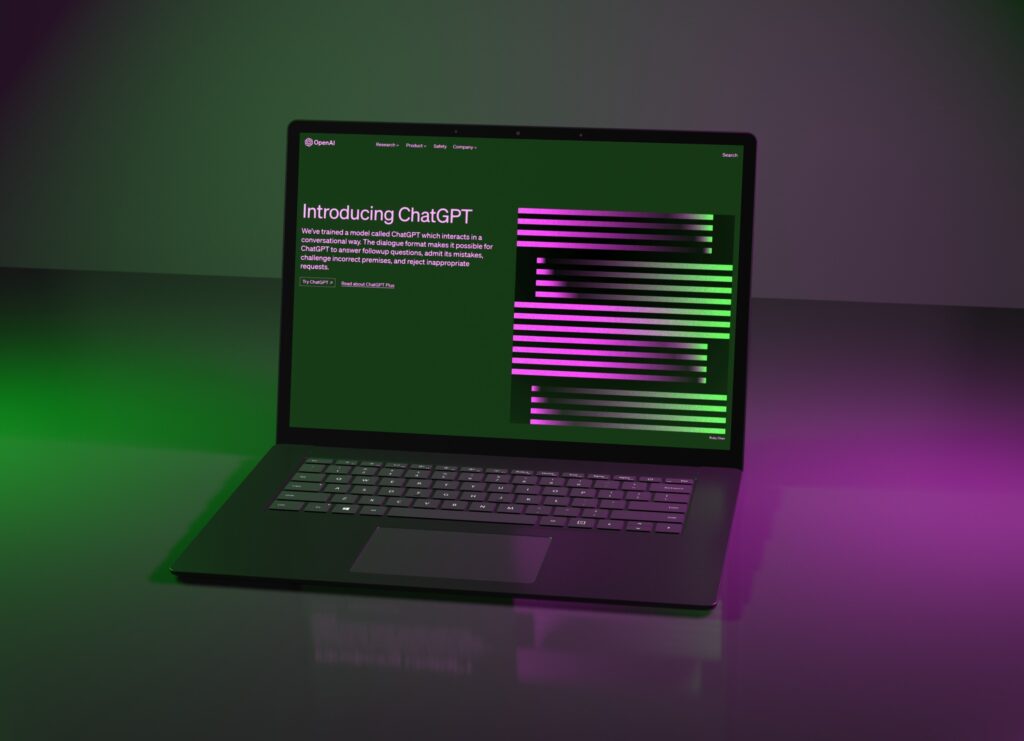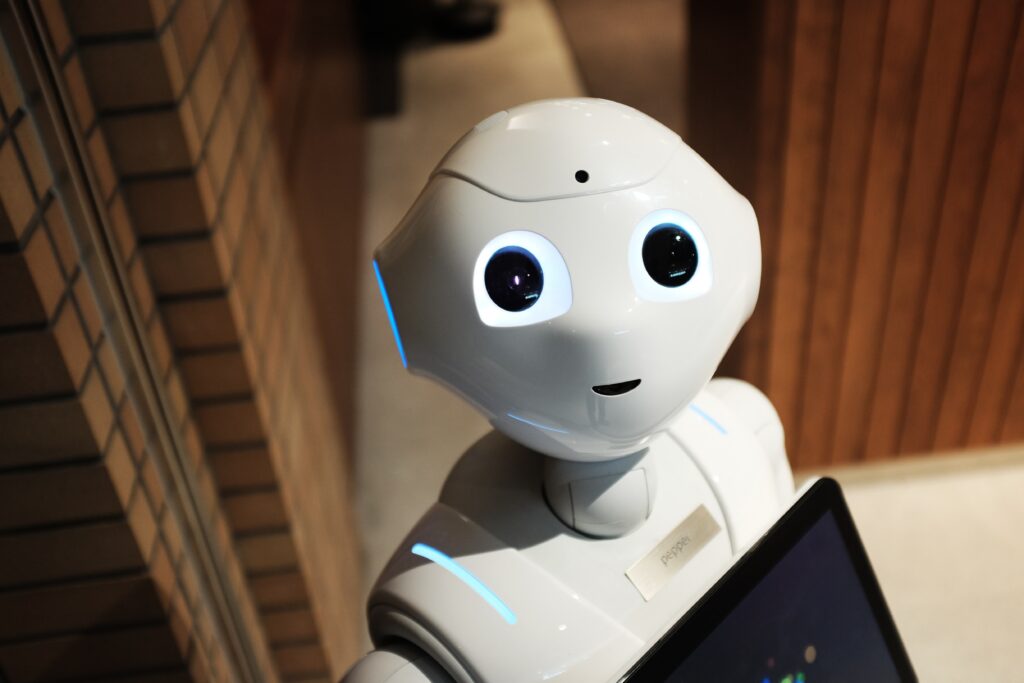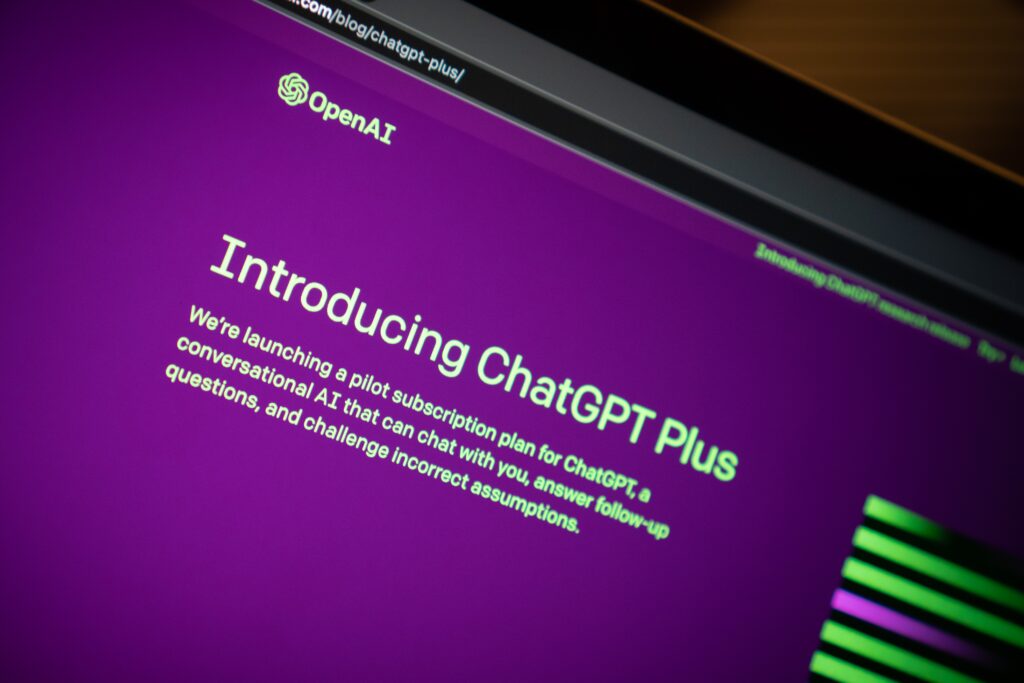
Indeed, education is making a difference in society by enabling individuals to become politically, socially, and emotionally aware. In order for society to continue to expand and nurture with innovations while retaining one’s nation’s culture, oppression, injustices, and inequities between people must be abolished. This current phenomenological adversity strongly resuscitates such a society.
In our ever advancing world of technology, a new innovation is beneath us. It is starting to be commonly used by students around the world and even so companies for that matter, this innovation of ChatGPT grows where it has the possibility of changing the method in which students learn and educators educate by serving as an artificial intelligence language model that can be taught to answer a large variety of queries and create text.

Introduction to ChatGPT’s Future Applications in EdTech
As time progresses, science and technology has developed various innovations in order to make society much more convenient to live in. Science and technology reflects in the promotion of innovations and hedges ignorance. One of these developments we use essentially use now is the ChatGPT, where its capabilities position itself as a potentially useful tool for the education technology (edtech) business, which is seeing growing interest in the use of technology to enhance educational outcomes. ChatGPT is a new artificial intelligence (AI) technology that’s revolutionizing the way businesses communicate with their customers, as well as innovating the way students learn. It has been directed on a massive amount of text data using deep learning techniques, which also allows it to understand and generate natural language text. The main ideas is to aid its users in generating human-like responses to their questions or prompts, engaging in natural language conversations, and providing information on a wide range of topics.
Over the following sections, we will investigate ChatGPT’s potential future uses in the edtech business. We will talk about the difficulties and possibilities that come up as a result of its usage, as well as the advantages and restrictions that come with it. ChatGPT has the potential to revolutionize the ways in which we instruct and are instructed via the use of chatbots and virtual assistants.
Reference: eLearning Industry. (2019, January 8). Chatbots in education: Pros and cons. https://elearningindustry.com/chatbots-in-education-pros-and-cons
Providing individualized teaching to each student is one of the most difficult issues faced in the field of education. It may be challenging for instructors to attend to the particular needs of their students when class numbers are big and resources are limited. ChatGPT, on the other hand, has the ability to provide a uniquely tailored educational experience to each individual learner.
ChatGPT is able to assess a student’s replies by using natural language processing and machine learning. This allows it to tailor its instruction to the individual requirements of the learner. It is able to offer answers to questions, comments on tasks, and even build unique exams that are specifically customized to a student’s areas of strength and weakness.

Also, students have rapid access to help and support anytime they need it because to ChatGPT’s ability to be accessible around the clock. This may be particularly helpful for kids who have difficulty succeeding in conventional classroom settings or who use a variety of instructional approaches.
Even if there are certain restrictions on how ChatGPT may be used as a customized instructor, there is no denying that it has the potential to be a useful tool for providing tailored training. It will be intriguing to watch how ChatGPT and other AI language models may be utilized to improve and customize the learning experience for students as the edtech sector continues to expand.
Reference: Jovanovic, J., Gasevic, D., Torniai, C., Bateman, J., Hatala, M., & Siemens, G. (2017). Chatbots in academic libraries: Challenges and prospects. Journal of Academic Librarianship, 43(3), 233-239. https://doi.org/10.1016/j.acalib.2017.04.005

A further conceivable use for ChatGPT within the edtech sector is that of a digital assistant to the classroom instructor. ChatGPT’s capacity to produce text enables it to be of use to educators in a wide range of contexts, including the grading of assignments and the provision of feedback on lesson plans.
For instance, ChatGPT may evaluate student work and provide comments based on frequent misunderstandings or mistakes. This may help educators save time and give more comprehensive feedback to students at the same time. Also, ChatGPT is able to help with the process of lesson preparation by providing prompts or discussion questions based on a certain subject or theme.
In addition, communication between professors and students may be made easier with the use of ChatGPT. It might give clarity on course content or address commonly asked questions. Frequently Asked Questions This may be particularly useful in online or hybrid learning situations, in which students may not always have direct access to an instructor.
Even though the usage of ChatGPT as a virtual teaching assistant is only getting off the ground, there is a lot of excitement about the possibility that it will help instructors and improve the educational experience for students. It will be fascinating to watch how ChatGPT and other AI language models may be implemented into classroom settings as the edtech sector continues to progress.
Reference: Lu, H., Khatib, L., & Liu, Z. (2018). Chatbots and conversational agents in education: Opportunities, issues, and implications. TechTrends, 62(1), 48-55. https://doi.org/10.1007/s11528-017-0214-0
On a national or international level, GPT may have an impact on the entire economy. The steam engine, electricity, and information technology are a few well-known examples of GPTs. In the field of economics, the early implementation of a new GPT inside an economy may see a decline in productivity before an increase. It requires time to establish new infrastructure and learning expenses, but it has the ability to significantly alter societies through its impact on current economic and social institutions. But once these expenses are incurred and the most recent technology is widely used, productivity growth and economic growth usually pick up quickly. GPT only be essential for huge organizations because they have the means to invest in innovative technologies.


As we have discussed throughout this series of articles, ChatGPT has the capability of bringing about a sea change in the edtech sector. Its capabilities as an AI language model make it a potentially useful tool for enhancing the educational experience of students and providing aid to instructors. These capabilities range from individualized tutoring to virtual teaching assistance.
Yet, it is essential to recognise that ChatGPT, like with other AI language models, has certain inherent limitations. While they are able to provide helpful assistance, they are not a suitable replacement for the human component of education. It is essential to continue to put a high priority on the role that instructors play in the classroom and to make certain that technology is utilized to supplement rather than replace the expertise of teachers.
It will be intriguing to watch how ChatGPT and other AI language models are leveraged to better the learning experience for students and to help instructors in their job as the edtech sector continues to expand and change.
By entering your email address, you will receive promotional updates, relevant content, products and services from Knovo. You may unsubscribe from these communications at any time. View privacy policy.